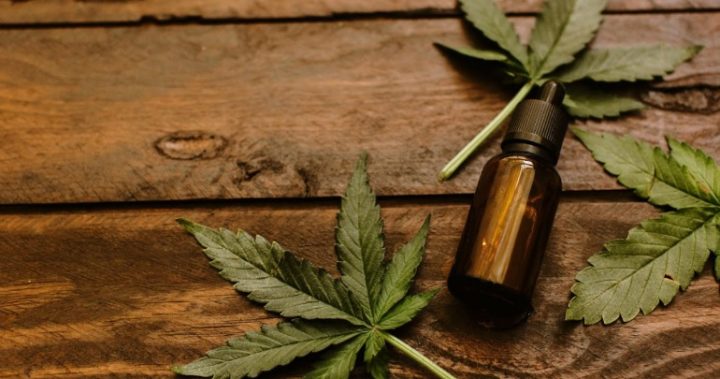
It’s a controversial health topic that just won’t go away and a new study has found the majority of Australian GPs support medical cannabis being available on prescription to patients.
The study of 640 GPs, published in a recent edition of British Medical Journal Open, found more than two thirds of full-time GPs had been questioned about medical cannabis by patients in the three months prior to the survey. While the number is significantly high, fewer than one in 10 knew how to navigate the bureaucratic processes involved in prescribing the drug. Still, more than half thought the drug should be available on prescription.
Medical cannabis is currently available under certain schemes through the Therapeutic Goods Administration (TGA), but despite numerous scientific studies, conclusive evidence on the effectiveness of the drug is not yet clear.
Speaking on Radio National Breakfast on Wednesday, AMA President Tony Bartone said
“The evidence around the world is being reviewed and has been found to be particularly weak in parts, not robust enough, not precise enough, not clear enough, and we’re still in the process of using trials in our country to actually gather further data,” Dr Bartone said. “And that’s why some of these special access schemes, or other processes that are used, is to try and create a safety profile around the product that hasn’t gone through the usual trials and safety testing that usually every product that comes to the Australian market has to undergo.”
Read more: From medical hemp to cannabis oil: How legal is the new health miracle?
“The recent Australian study, conducted by researchers from the University of Sydney, found the majority of GPs supported the use of marijuana in palliative care, cancer pain, spasticity in multiple sclerosis, chemotherapy-induced nausea and vomiting, as well as intractable epilepsy.”A total of 78.1 per cent of GPs thought cannabis was safer than chemotherapy drugs, 75.6 per cent believed it was safer than opioid analgesics, 68.3 per cent thought it was safer than antipsychotics, while more than 50 per cent thought it was safer than antidepressants and statins.
Co-author and research associate Anastiasia Suraev said the research highlighted the need to train GPs on the frontline and urged for the government to rethink the current prescribing model in place.
“A majority of GPs believe medicinal cannabis should be available by prescription, with the preferred model involving trained GPs being able to prescribe independently of specialists,” she said in a statement.
Her calls were echoed by corresponding author Professor Iain McGregor, who said GPs lack the support they need when asked about medical marijuana.
“Our survey demonstrates many GPs have fielded recent enquiries about medicinal cannabis from their patients,” he said. “Yet most feel poorly informed and inadequately trained around medicinal cannabis and its current regulation and uses. GP education and training are urgently needed.”
At present, less than 800 patients have accessed legal medicinal marijuana in Australia, although Bartone thinks doctors are uncomfortable discussing it as a possible form of treatment because there still isn’t a lot of data available.
Read more: Baby Boomers leading the charge in marijuana use
“As I was mentioning on a number of occasions, that data is still of dubious, it doesn’t give us the surety about how, when, and why to use it with complete comfort, even amongst the particular specialists involved in the particular disciplines who might use it – refractory, paediatric epilepsy, for example, where it’s probably got its best level of indication and evidence supporting it, there is still conjecture about the right form and the right type to be using,” he noted.
Aa range of products are currently available to Australians, but are imported through Canada and Europe, according to the TGA. Raw or botanical cannabis is not to be smoked, it says. Instead, patients are encouraged to vaporise to get the medical benefits.
There are also cannabis extracts used for oils, which are particularly popular, as well as solvent extracts and sprays. A range of gels and creams are also in development, while products sourced from locally grown medical cannabis will be available from later this year. At present, one of the only legal ways to obtain any of these products is to be prescribed by a registered medical practitioner.
The general consensus from health professionals is that people shouldn’t be taking the drug recreationally and shouldn’t self-medicate.